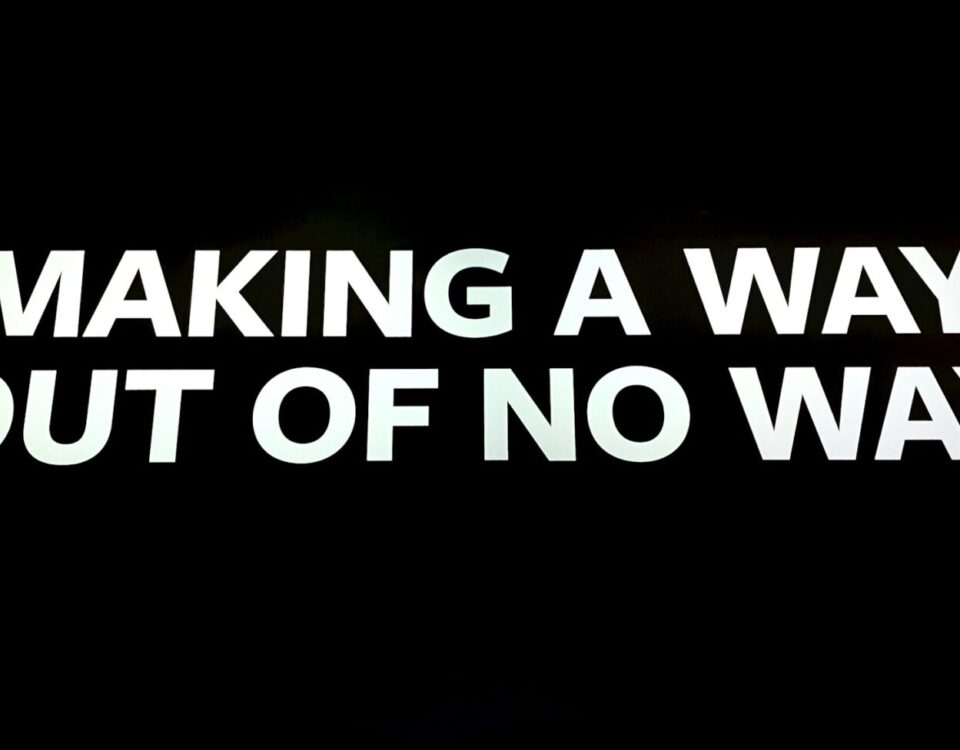
Family Resilience: Children
October 4, 2023
Family Resilience Wrap Up
October 18, 2023Family Resilience: Planning Ahead is the fifth blog in this series. To get caught up, check out Family Resilience, Family Resilience: Communication, Family Resilience: Flexibility, and Family Resilience: Children.
Prepare for Predictable Challenges
Maintain family resilience by anticipating trouble. I am not advocating living in fear or spending all your time preparing for what might happen. I am recommending using your anxiety and creativity to set yourself up to manage future problems. Working together, a family can identify possible challenges, talk about ways to meet the challenge, learn about solutions, and make some plans. Rarely does disaster strike completely out of the blue. More often disaster is preceded by growing troubles that reach a peak. For all of us old age is a predictable challenge. At times trouble unexpectedly disrupts life. Strong connections and open communication can help you cope with whatever comes.

Identify Possible Challenges
Some challenges are easy to see coming down the road. Everyone gets older and at some point, memory or health issues become a problem. Other kinds of challenges have a history to them as well. Financial troubles, difficulties at school or work, and more. How do you know when to make plans? Your anxiety will tell you. Rather than shut it down, listen to that prickly voice. You find yourself saying, “if this doesn’t get any better, we are going to have a serious problem.” Often the response is, “I hope not,” and you think about something less worrisome. Instead, stop and worry for a bit. Use your curiosity to consider what that would actually look like. “If this gets worse…..” Anxiety is meant to help you plan ahead for your own survival and resilience.

Have Family Conversations

Research and Share Knowledge

Maintain Flexible Plans
“If…then” thinking allows for adaptability. Some plans involve putting back resources or keeping supplies on hand. Others involve drawing up legal documents such as Wills and Trusts so that people’s wishes can be followed. At times it helps to set up a deadline for yourself, “if this doesn’t improve by this date then I will take this next step.” It is valuable to have plans and to be open to changing them as new information or circumstances come up.
Pro-Tips
- If someone you are responsible for is getting a passport to travel, get a passport. If something happens and you need to join them you do not want to pay the exorbitant costs for an emergency passport.
- Look up book titles about legal issues such as Wills and Trusts, Divorce and Bankruptcy on nolo.com. Then check out the book at your local library.
- If your older parents live a distance from you get to know their neighbors and friends. Share your contact information with them so they can reach out to you if needed. Put aside funds for travel.
Listening to anxiety and making appropriate plans helps quiet your anxious voice. You will go from panicked “What if?!” to “That would be bad but at least we have a plan.” Having conversations as a family to share questions, emotions, knowledge, and plans means no one is facing it by themselves. Facing trouble together can be stressful. It can also build bridges and create connections. The process of planning for predictable challenges builds family resilience in tangible ways.
Peace,
Laura A. Gaines
To learn more, explore learnmodelteach.com for tools, videos, and coaching opportunities.





